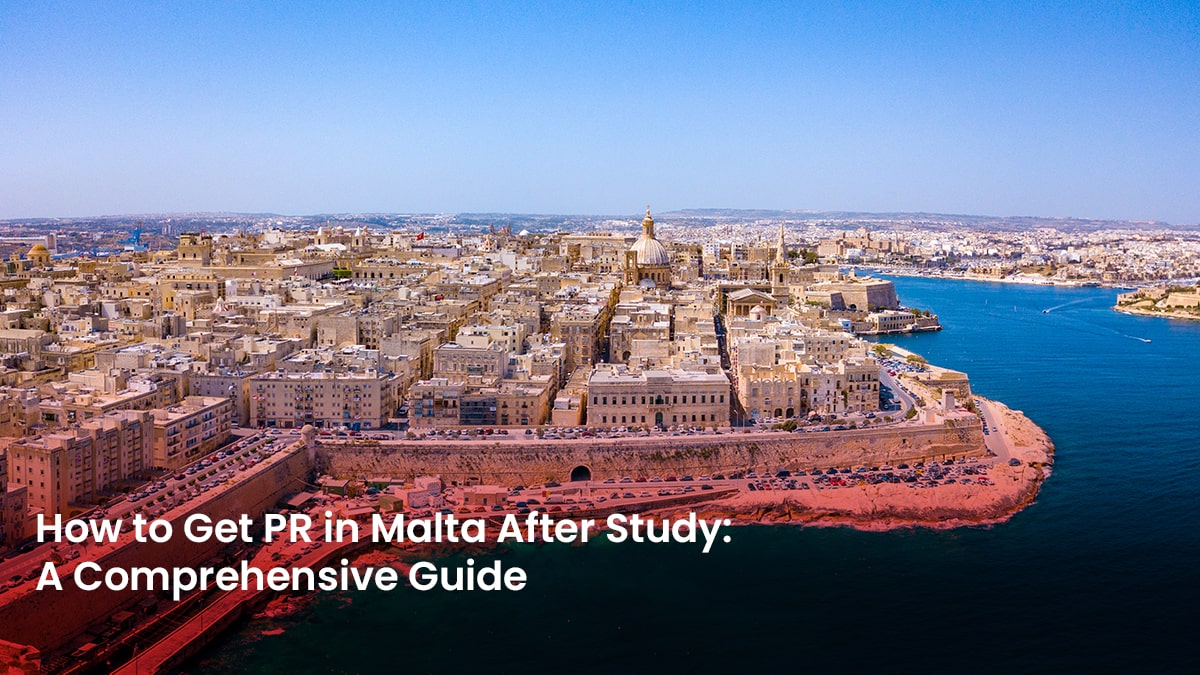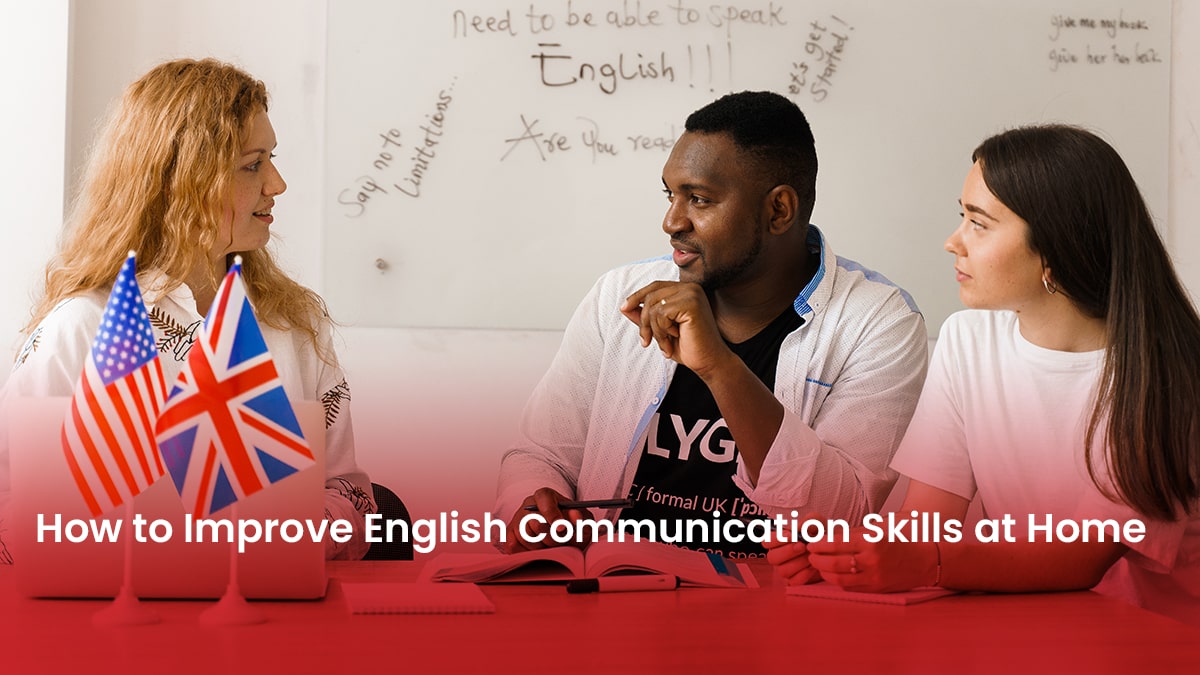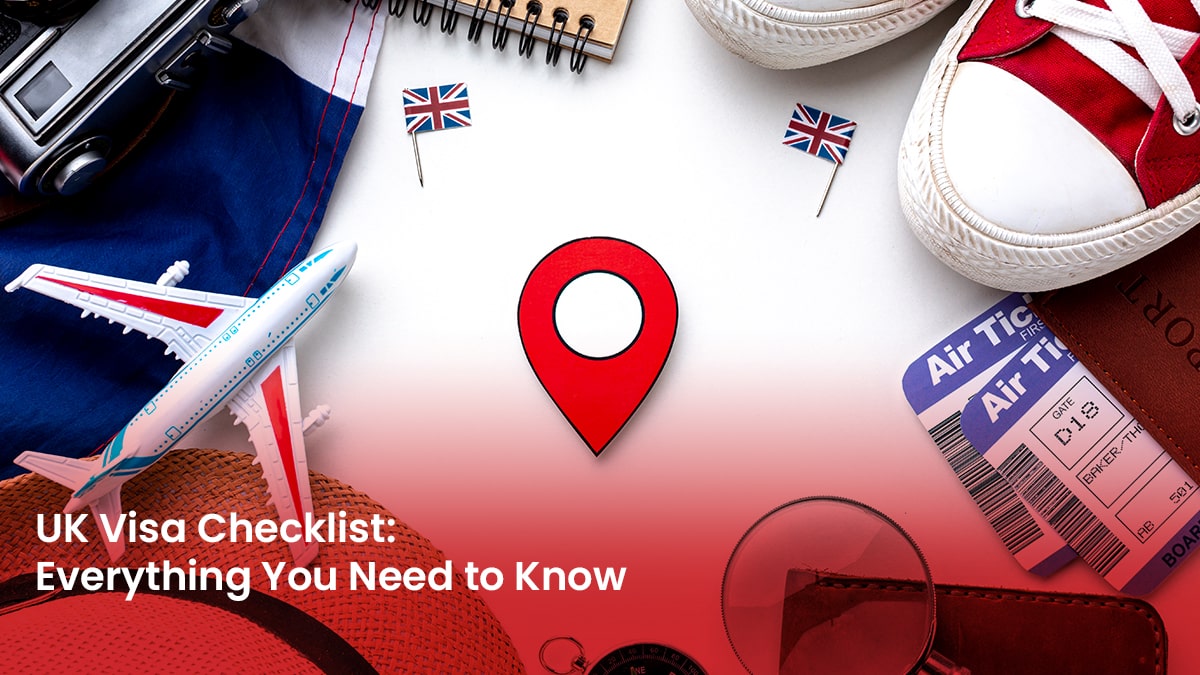Many international students work part-time in Ireland to cover some of their school and living expenses, as well as gain work experience. Working part-time can also develop your communication, organization, and teamwork skills. You can also meet new people, and expand your network. However, before students can start working, there are some things they must know, and preparations they must do first.
Eligibility
All citizens of EEA and EU are eligible to take on full-time or part-time jobs while studying in Ireland. However, those who are not citizens of either category need a residence permit and a Stamp 2 permission for casual employment. Casual employment means students can only work up to 20 hours a week while studying, and 40 hours a week during the holidays. As of February 2020, Ireland’s national minimum wage for an adult is €10.10 per hour.
Getting Your PPS Number
If you are eligible to work, the next step is to apply for a Personal Public Service (PPS) number. International students can only get paid by their employers if they have a PPS number. This number is given to all individuals working in Ireland and is unique to everyone. This makes it legal to work in Ireland as an international student.
Applying for a PPS is only possible if the international student gets an offer from an employer. They need it to deal with a special body, such as government departments, health service executives, hospital and related services, local authorities, and educational institutions, and training boards.
To apply for a PPS number, students must visit an allocation center of the Department of Employment Affairs and Social Protection.
Opening a Bank Account
Opening a bank account is not a requirement for getting employment. However, it is better to open one for convenience in transacting money and to have wider options for work.
Usually, employers only pay their employees through an Irish bank account.
In order to open a bank account, international students must have the following documents: passport, proof of address, and other identifying documents such as a driver’s license or national ID.
Looking for a Job
Before students can start looking for a job, they should prepare a curriculum vitae, or resume, so prospective employers can review their capabilities and experience.
Some educational institutions have their own departments focused on helping students find a job through listings of temporary, casual part-time jobs. In addition, students can find job postings in other resources such as newspapers, shop windows, word of mouth, notice boards of their campus, and online, among others.
Knowing Your Rights in the Workplace
Aside from the prerequisites to do part-time in Ireland, international students should also know their rights in the workplace. International students should know that they are protected by the same employment rights granted to Irish citizens, be they EU/EEA members or not, such as the right to a legal contract, just work hours, minimum wage, breaks, leaves. They are also protected by the law against any type of discrimination.
Want to learn more about the study experience in Ireland? Check MSM Unify’s articles to know more.












